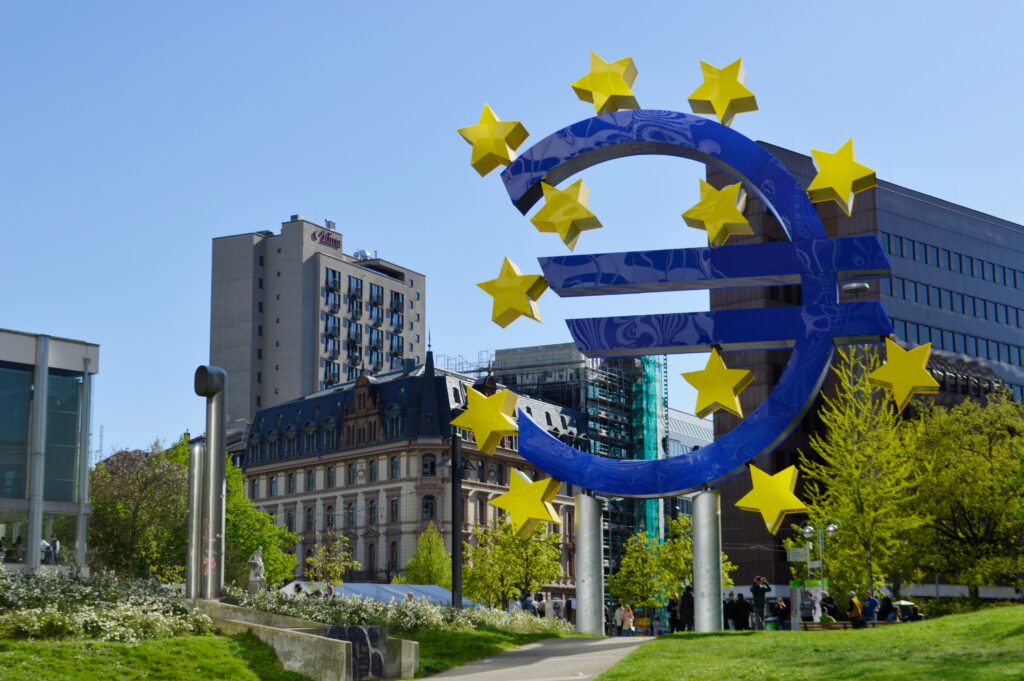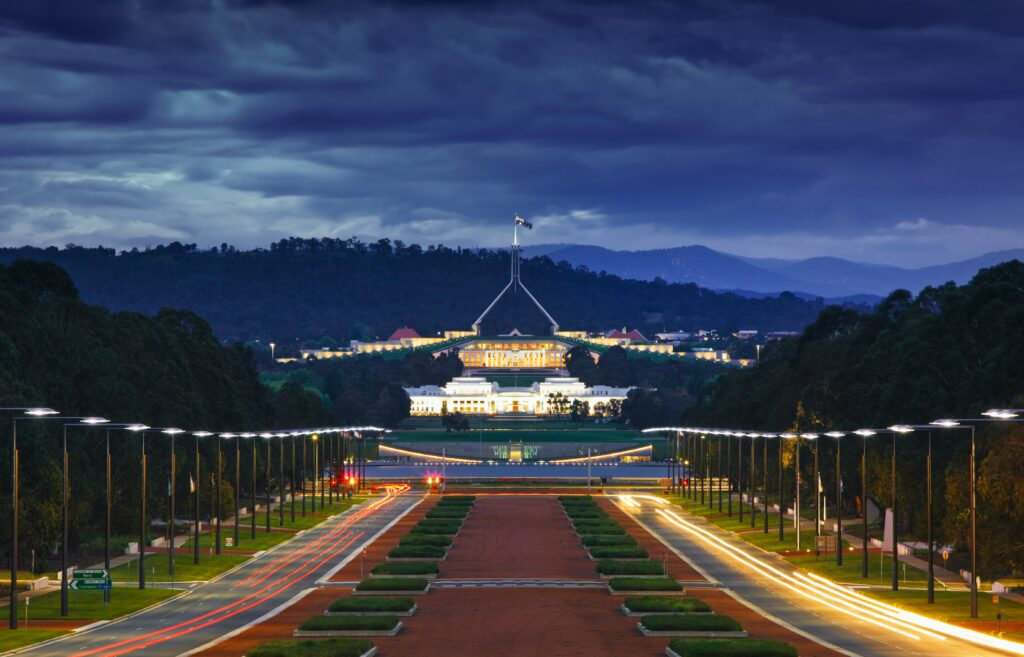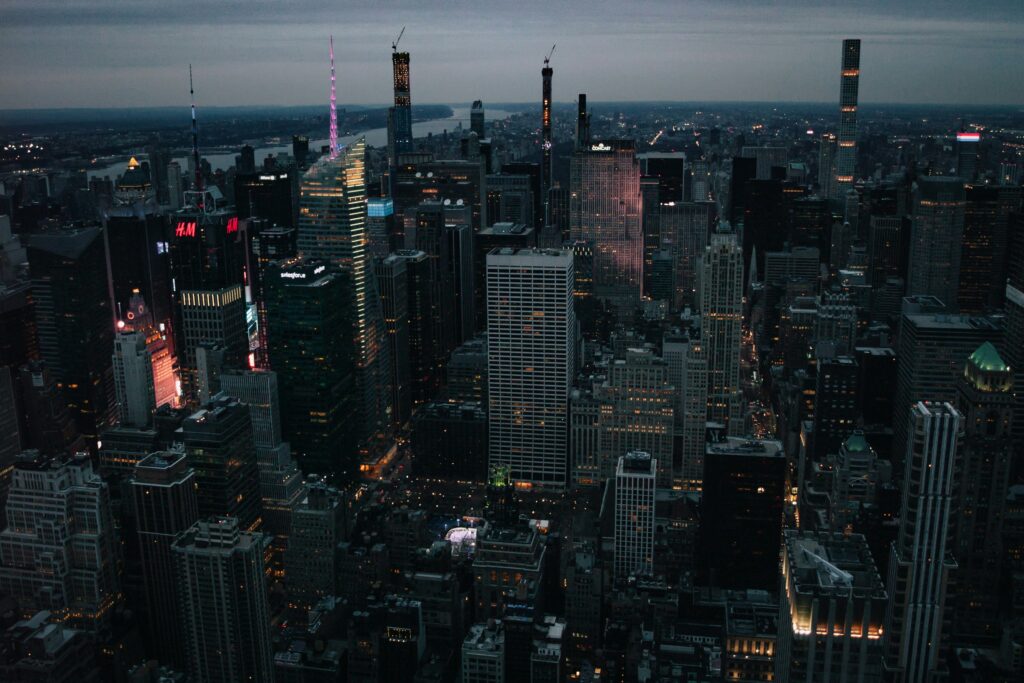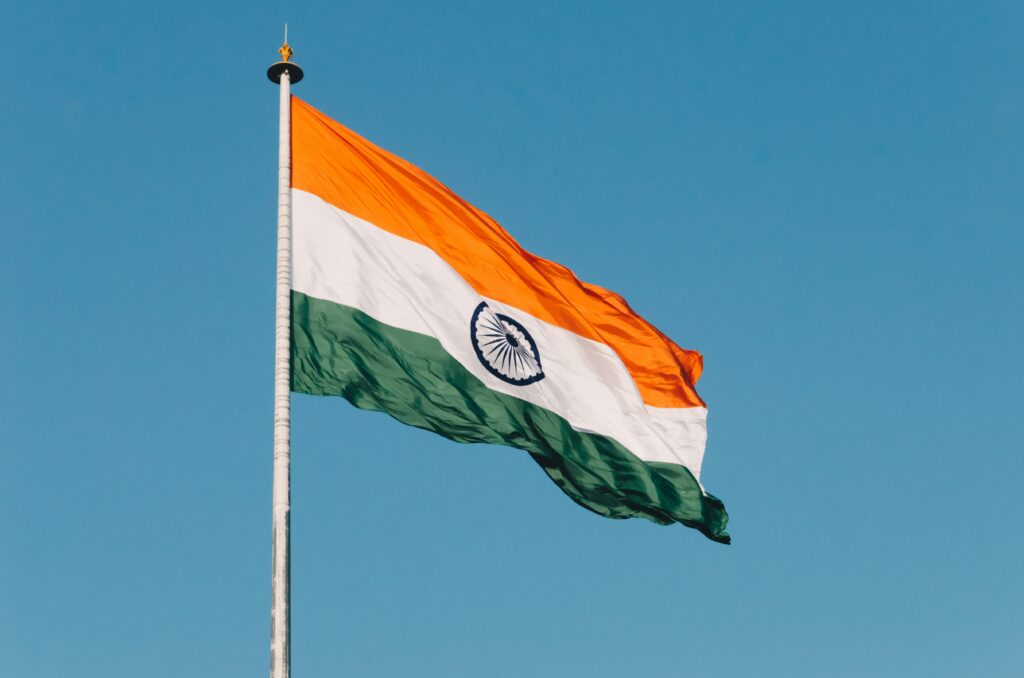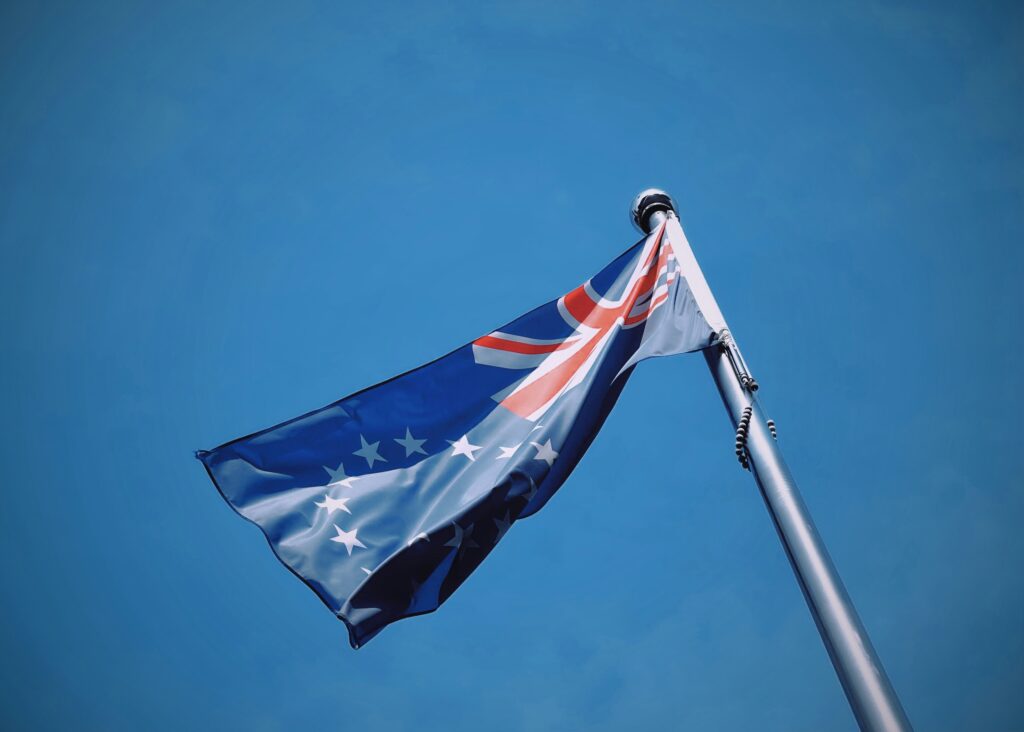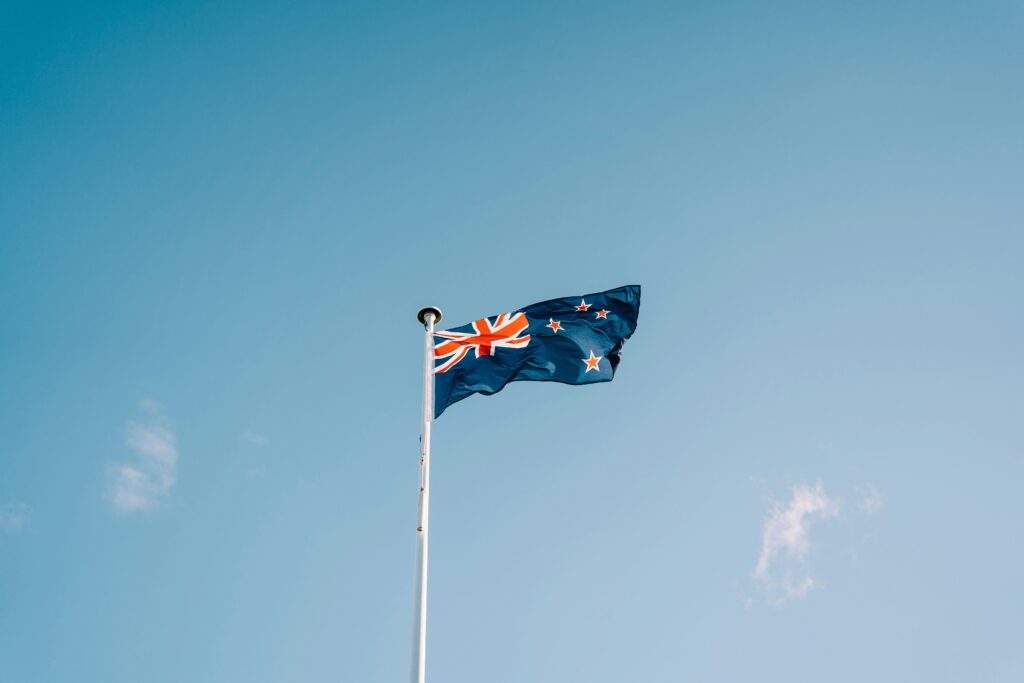In an increasingly competitive business landscape, companies are in pursuit of strategies that can help them expand their reach and boost profitability. Among those numerous approaches is brand licensing. Our Licensing Director, Zahara Gul, describes how licensing can be used to grow your business through brand extensions.
What is brand licensing?
When used strategically, licensing allows your company (the licensor), to sell the rights of your brand, logo, or IP to another company (the licensee) to create and sell products or services. The licensee pays a fee or royalty and most often a minimum guarantee (MG) for this right. Successful licensing deals will make both companies revenue and strengthen the licensors’ brand identity and value in the marketplace.
Brand licensing is ubiquitous
In 2022, global sales revenue from licensed merchandise and services soared to a whopping $340.8 billion[1], marking an 8.02% growth from 2021. It’s not just big multinationals that leverage brand licensing, small businesses are in on it too.
Consumers encounter licensed products in their daily lives, from toys, fashion, live events and even food! The Walt Disney Company stands as the world’s biggest brand licensing company. They have thousands of licensing agreements, for their brands such as Marvel and Star Wars. In 2023, they reported $61.7 billion in retail sales from licensed products alone [1].
Another brand licensing success story is Mattel’s Barbie. The Barbie movie officially became 2023’s biggest box office hit, scooping $1.38bn (£1.1bn) globally. Mattel partnered with countless brands in the build up to the film’s release such as Burger King, Gap and Hot Wheels. This marked a successful turnaround from 2015, when Mattel reported lowest sales figures for 25 years due to the doll’s lack of inclusivity.
What can be licensed?
Let’s group everything into three broad categories:
- Character and Entertainment – this is the largest part of the global licensing industry. These include animated TV programmes, characters and themes from gaming, children’s book titles.
- Brands and Lifestyle – this is a growing sector of the licensing industry, it encompasses fashion houses and designers, museums, galleries, sports clubs, celebrities as well as food and drink.
- Art, Design and Image – this is perhaps the most diverse category, from smaller independent artists to top-tier photo collections. Think designers, painters and illustrators.
Since the pandemic, a study by the 2022 global licensing industry [2] found that the fastest growing product categories were:
- Video games and software – +34.9%
- Sporting goods – + 30.8%
- Lawn/Garden/Tools/Hardware – + 19.6%
- Housewares – + 19%
- Pet Products – +17.5%,
- Toys/Games/Crafts – +17.1%
- Home Décor – +15.6%
- Food/Beverage – +12.1%.
How can brand owners benefit from licensing?
According to Zahara: “One of the most common misconceptions on brand licensing is thinking that only large companies can get the best license deals. It is possible for smaller companies to get involved.”
She explains the benefits from using brand licensing to grow your business.
1. Business Growth – Licensing is a powerful tool to grow your business. Managing professional licensing programmes can provide brand owners with additional revenue through brand extensions.
2. Raise Brand Awareness – Licensing will increase the use of your brand name and raise awareness for your brand. This ultimately enhances your brand reputation.
3. Entry into New Global Markets – A major challenge for brands is entering new markets. By partnering with companies (licensees) already established in these markets they can help brands to create a presence without having to start from scratch because you will be able to leverage their expertise in these markets. Partnering with a suitable licensee can even open doors to new customers overseas.
4. Trademark Protection – Trademark protection is only available for brands that are actively sold in a particular category. Others may claim rights to use the trademark if the category is unoccupied.
Zahara has an impressive track record of securing multi-million-pound global deals across diverse product categories for some of the world’s most iconic brands, including Peppa Pig, Peaky Blinders, Master Chef and Squishmallows. If you would like to learn more on how your business can benefit from licensing, please get in touch.
References:
[1] https://www.licenseglobal.com/rankings-and-lists/top-150-leading-licensors
[2] 2022 Global Licensing Industry Study Report

